Introduction
Olympian gods in Greek mythology
In Greek mythology, the Olympian gods were at the top, representing the main natural powers and having control of different life features. The stories of these heroes were interwoven into the life of Greece. They constituted the worldview of the ancient Greeks. They shaped their religious practices and inspired works of art.
Role of the Greek Pantheon in the Ancient Greek society
The Olympian gods were situated on top of Mount Olympus, the largest mountain in Greece, with them venturing down to earth to involve themselves with human affairs or for their own grand affairs. They were immortal, had powers and controlled the lives, emotions and elements for mortals.
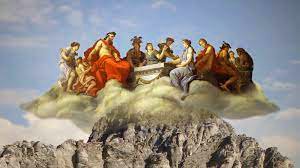
Zeus: King of the Gods – Olympian Gods
Zeus’s supreme rule over the Heavens and Thunder
Zeus, in his capacity as the king of gods, had absolute control over the cosmos and commanded thunder and lightning. His sovereignty over the skies found a practical expression in the form of a thunder, a rain, and the celestial bodies. His signature symbol was the lighting bolt which symbolised his authority and power.
The role of Zeus in the rule of gods and mortals
Zeus was the supreme god of the Olympian pantheon, who ensured order amongst the gods and harmony in society. His power extended to mortals too, and he interfered with human affairs for punishing wrongful deeds, rewarding virtues and shaping the history.
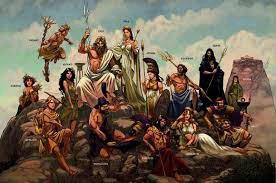
Hera: Queen of the Gods
Marriage, family and the power of A. Hera
Hera represented marriage, women, and childbirth and thus was the queen of the gods. She was the goddess of marriage, who guarded marriage bonds and safeguarded the union. Hera represented the strength, wisdom, and commitment that made a good marriage.
The complex relationship between Heras and Zeus
Hera married her husband known as Zeus, and their marital relationship comprised love and strife. Hera was very loyal to Zeus, but many side affairs of his angered and made her jealous. The intricacies in human relationships were also evident in their complex dynamics.
The sacredness of marriage and Hera’s guardianship
However, Hera would not condone any violation of marriage and adultery. In so doing, she made it impossible for her husband to commit adultery or breach of contract.
Poseidon: Lord of the Seas
Poseidon, Lord of the Seas and Earthquakes
Poseidon was the brother of Zeus who had control over the huge seas, he could create whirlwinds, tsunami, and marine life. He was also believed to have been the god of earthquakes causing the world to tremble with the three-pronged staff or Trident.
Trident as a symbol – Olympian Gods
He is represented by a trident or rather the three-pronged spear of Poseidon. It served as a sign of his dominion over the seas and the control he was mastermind of over the natural forces that scared sailors.
Poseidon, marine affairs and myths
With regard to maritime affairs, Poseidon was the number owner who set up trips.
Sailors were thus saved and finally determined the course of seafaring expeditions. He was shown to be either a good or a bad power and this is how myths represented him.
Athena: Goddess of Wisdom and Warfare
The Two-faced Goddess of War, Athena
Athena was the daughter of Zues; she also portrayed a wise woman as well as a warrior goddess. Her expertise at military strategies was good and she could also adept at battle planning. Artistically and spiritually, she was also a wise person.
Athena and the connection with knowledge
As a symbol of her divine wisdom and force, Athena came forth from the head of Zues already full-grown and weaponed. She was an aspect of the wisdom goddess, the patroness of the philosophers and the protector of the cities. Her role of a counselor to heroes and an adviser on practical issues was also connected with her wisdom.
The culture, as well as Athena’s presence in wars
Athena fought in wars. They were courageous and intelligent heroes who could think critically. These interventions usually balanced the conflicts, proving in her military might the difference between war and peace.
Apollo: God of Light and Music
Polyvalent Areas of Impact for Apollos, B
It is difficult to define Apollo as a single entity since it included light, music, poetry, prophecy, healing, and archery. In fact he was clean, he was logical, and he was learned.
The significance of Apollo as the Sun God
Apollo the sun god – a young man driving through the heavens. He brought along light, warmth, the days, and nights. The sun was a symbol for the conquest of light on the part of darkness, knowledge over ignorance, order over chaos, and even Apollo himself at an ancient time in Greece.
The art of medicine, prophesy, and healing and it’s relation with Apollo
Art was looked after by Apollo while the other god took care of medicine and agriculture. He was therefore a muse leader, serving as artist’s godsent inspiration. Besides just being the messenger, he was also the predictor who revealed through oracles and possessed seers the apprehensions of future. It would be right to call Him a medicine man.
Artemis: Huntress and the goddess of the wilderness
Artemis’ association with nature and animals
Artemis was the daughter of Zeus and Leto and represented the wild and unruly character of the wilderness. She was the goddess of the hunt, beasts, and the moon. Artemis was commonly portrayed as an accomplished archer and guardian of nature.
As a protection guardian of the wilderness
Artemis was ruthless in guarding the wilderness and its beings to ensure that balance prevailed in nature. The hunters revered her for her guidance and skill but she also castigate those who disrespected the environment or overhunting.
The effect of Artemis on hunting and her sacred symbols
Hunters were also subjected to the rituals and practices by Artemis in her domain over the hunt. She was linked with bow and arrow, dog hunt, and moon effect on animals. Artemis’s sacred symbols included the moon, stag, and bear.
Ares: God of War
The brutal nature of war is reflected in A. Ares’s embodiment
They included Ares—the son of Zeus and Hera for the savage and raw components of war. He was the god of war, blood, and violence, delighting in the upheaval and devastation of fighting. Ares is usually personified as a strong and fearsome figure with shield and spear, ready for a fight.
Ares in Battles and Warrior Mentality The post Instruction: Convert the given sentence from AI written to human written appeared first on firstessays.
Ares was involved in wars and preferred to fight among those who were bold, fierce, and passionate about fighting. He created a spirit of courage and aggressiveness among soldiers so that they fought with fierce commitment. With Ares always on the scene, it was not unusual for battles to become bloody or to have several casualties.
The ambiguity on Ares in the Greek mythology
The Greek mythology did not consider Ares as a friend to humanity because he usually was portrayed as a disturbance. His impulsiveness and his readiness, on the spur of the moment, to shed blood, were sharply opposed by the strategic, thoughtful policy of Athena, the goddess of struggle. People both feared and respected Ares because of his power but at the same time, they hated him for lack of discipline and disrespect of humans.
Aphrodite: Goddess of Love and Beauty
Aphrodite’s influence in the matters of love
Aphrodite (the goddess of love, beauty, pleasure, procreation) came out from the sea-foam and attracted everybody’s attention. Her coming was like a sweet music that attracted the hearts of both gods and men. Aphrodite’s influence permeated every facet of love including romantic attraction, passionate encounters and featured quite prominently in numerous mythologies dealing with love and desire.
Mythology about how Aphrodite was born and her relatedness with beauty
The origin of Aphrodite was enveloped by a mystery, and numerous versions of Greek myths told of different versions of Aphrodite’s origin. One of the versions explains that Aphrodite emerged due to a castrated Uranus who was later attacked by his son Cronus; Aphrodite came out of the sea foam where she was being nourished on the severed Uranus’s genitals. The other version is that Aphrodite is the daughter of Zeus and Dione the goddess of the oracle at Dodona.
No goddess ever possessed such great beauty as the goddess Aphrodite. She possessed perfect facial features, beautiful allure, and an invincible light that enamored everyone she met. She was usually portrayed as a gorgeous girl coming up from the sea, with pearls around her neck and holding doves.
Aphrodite’s Contribution to love, pleasure, and intimacy
The relationship between gods and mortals as well destiny were largely determined by Aphrodite’s perception in love and passion. Her passionate romances could ignite passion in lovers. They could result in deep love and even lead to envy in lovers. However, hers influence was not just on her human feelings but also affected animal conception and fecundity in nature as well.
Marriage and the sacredness of such union were also identified with Aphrodite . She engaged in match making of couples with a view of providing them with compatible partners for peaceful living. Love, desire, and relationships were key elements of Greek mythology, often featuring her as their source.
Conclusion
It has been noted that Greek mythology centered on the relationship between humans and the Olympus Olympian gods formed a vital part of this context. The strength of these characters’ tales lies in their strength and weaknesses, which revolve around issues like love, loss, courage, fate and so on.
FAQs
What are the major powers and characteristics of the Olympian divinities?
The Olympian gods could change shape at will and had different capabilities including the power over the elements and over the affairs of men. Further, they did not die naturally, because they had become immortal.
How did the Olympians relate with humans?
Often, the gods would relate with the mortals by interfering in the affairs of men, either to reward virtue, punish evil or even determine events’ chronology. These might come in different forms and may appear like humans, animals or as natural phenomenon.


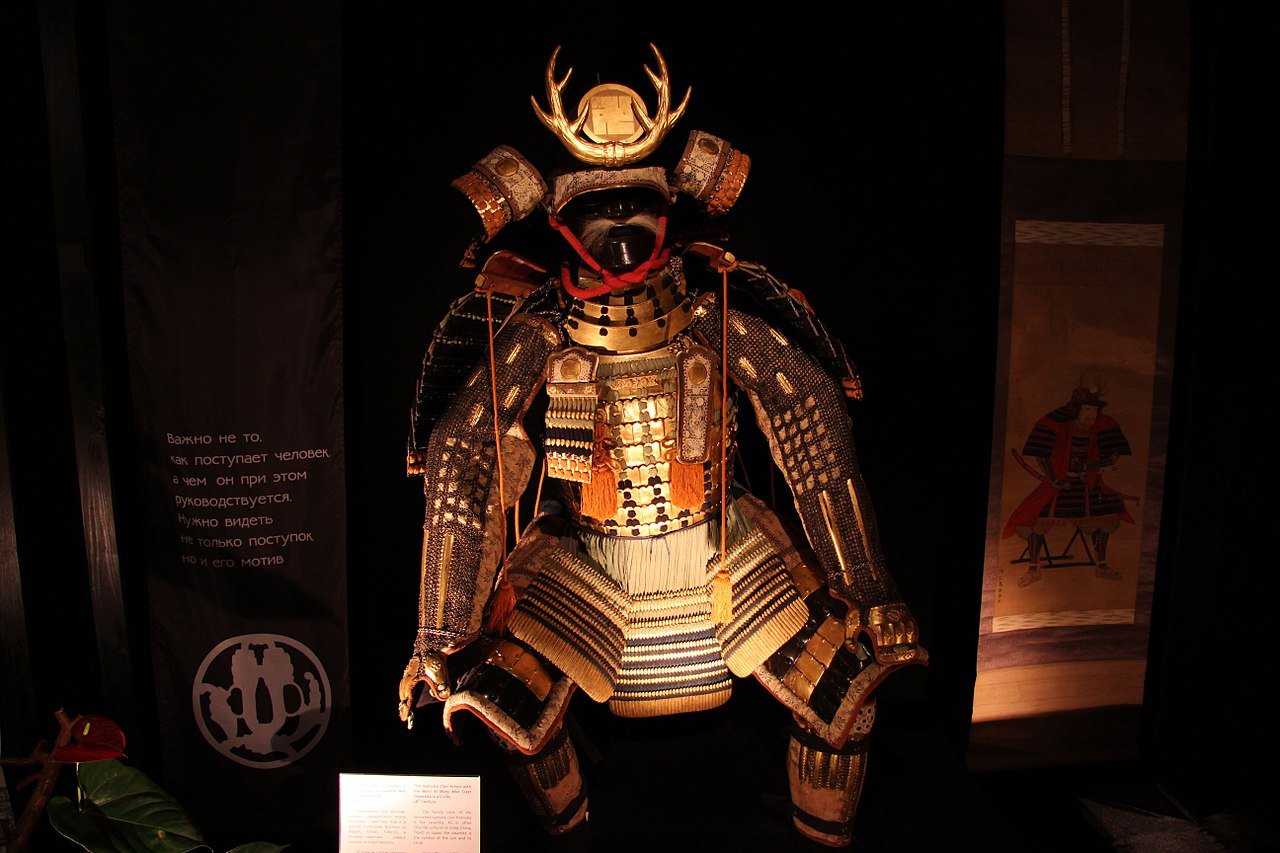
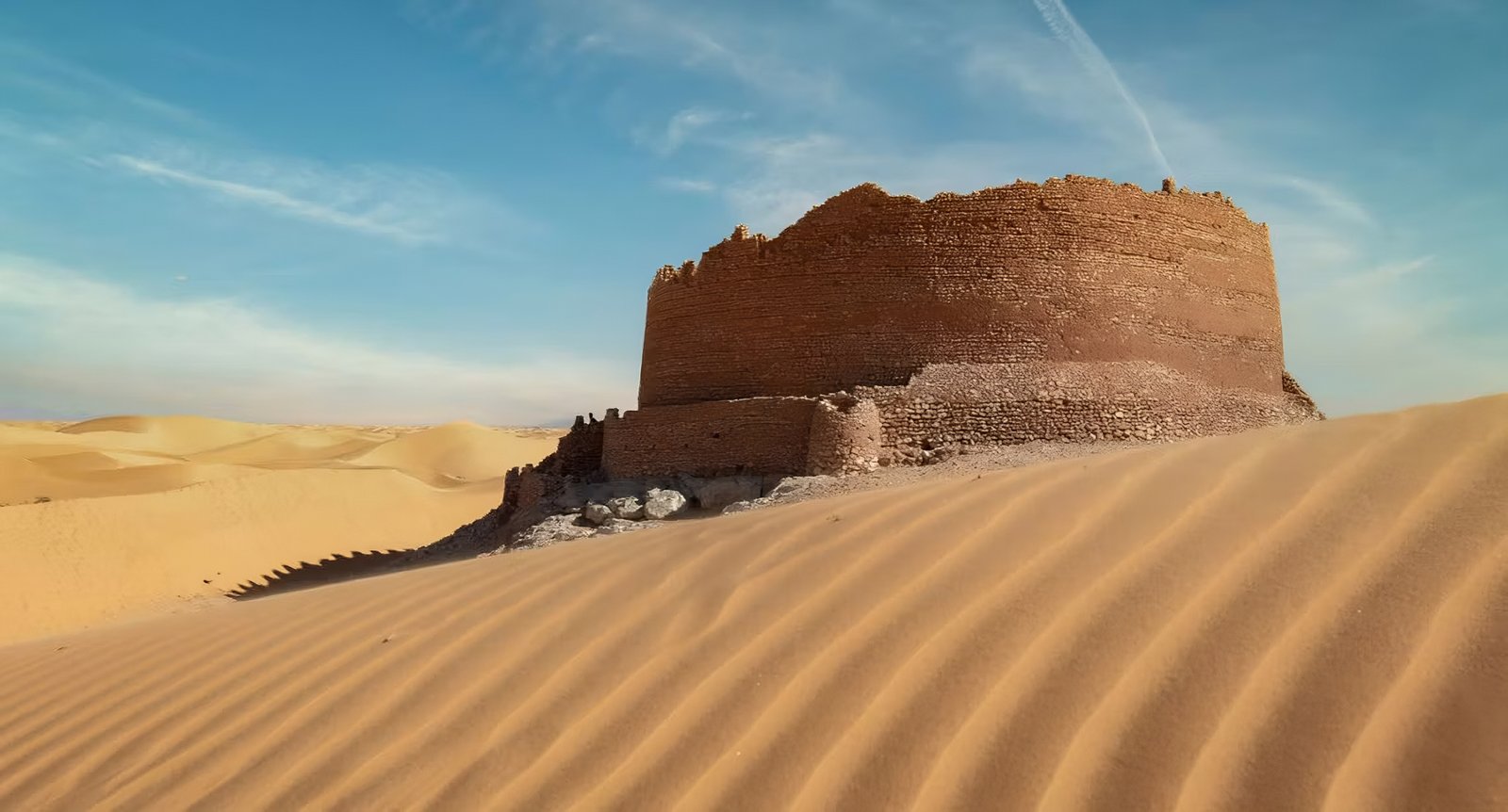
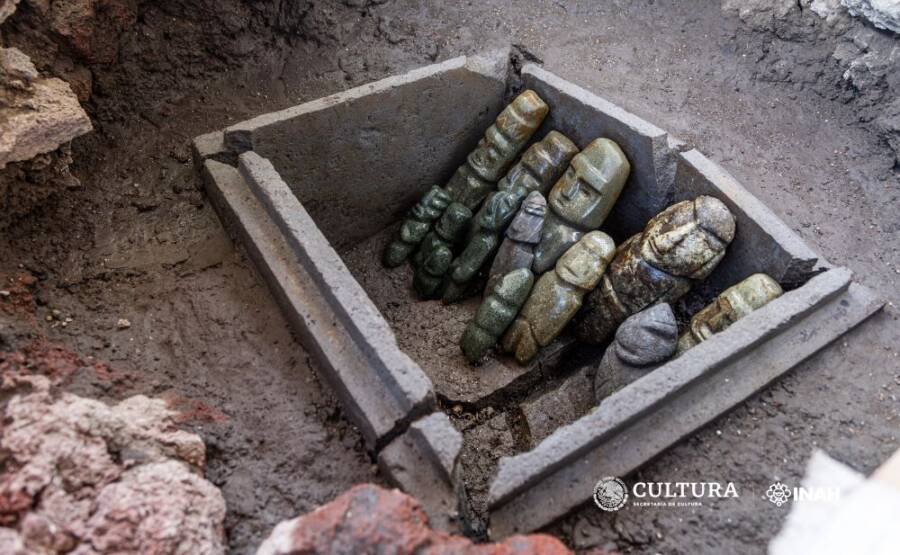
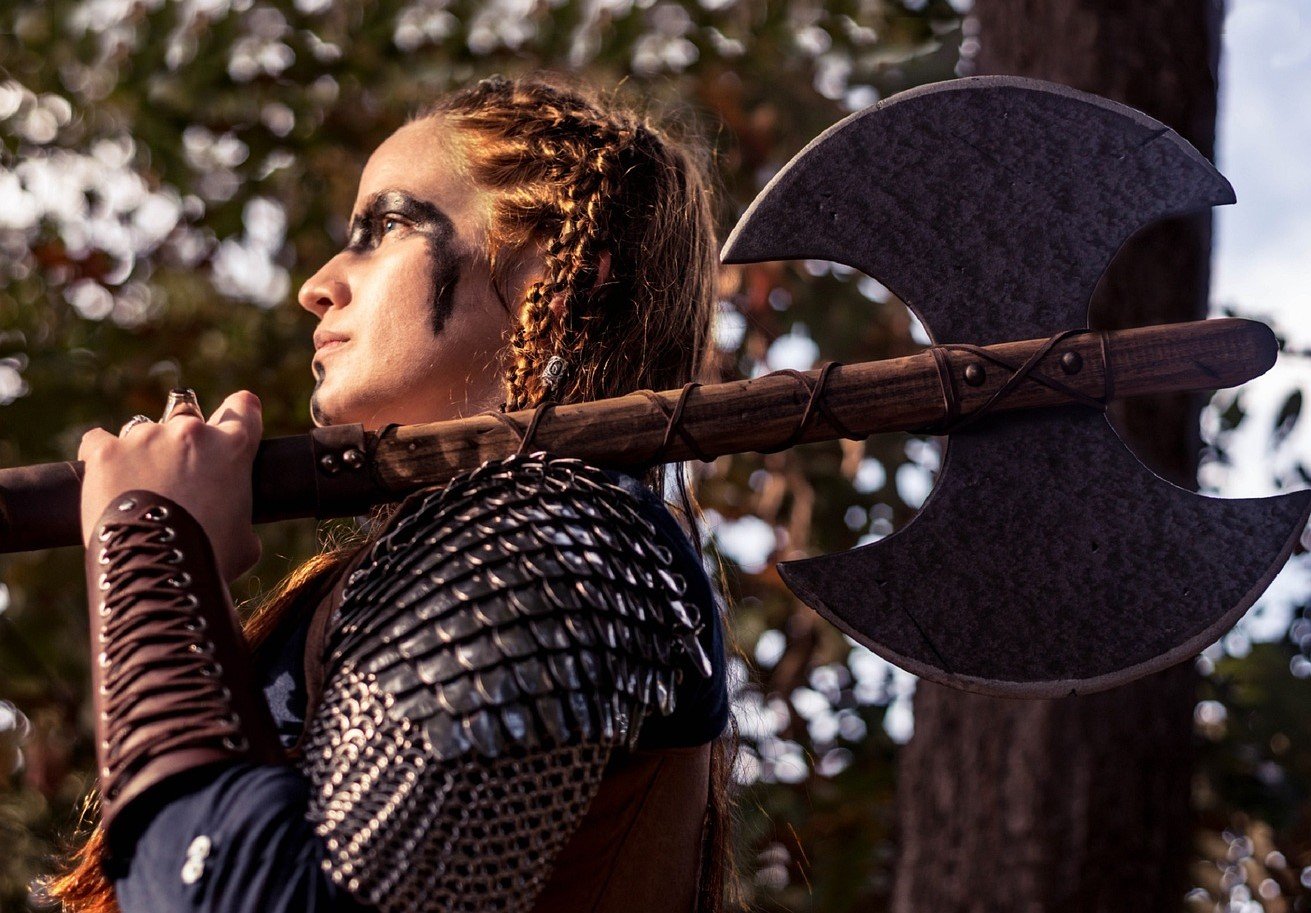

1 thought on “Olympian Gods in Greek Mythology: An Epic Pantheon of Divine Power”
Thank you for your sharing. I am worried that I lack creative ideas. It is your article that makes me full of hope. Thank you. But, I have a question, can you help me? https://www.binance.com/ru/register?ref=VDVEQ78S